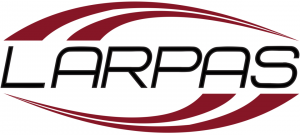Safety
The foremost priority in aviation is safety. Proper training ensures that remote pilots understand the regulations, operating requirements, and procedures for safely operating UAS. This includes knowledge of airspace classification, weather effects on UAS performance, and emergency procedures.
Regulatory Compliance
To legally fly a drone, an individual must obtain a Remote Pilot License. This certification is a testament to the pilot’s understanding of the rules and their ability to comply with them.
Skills
While flying a UAS may require fewer manual skills than manned aircraft, it demands proficiency in flight programming and situation awareness. This training program is designed to familiarize pilots with necessary skills and practices.
Operational Efficiency
Trained pilots are more likely to conduct their operations efficiently, leading to better outcomes whether it’s in precision agriculture, infrastructure inspection, or creative media production.
With the advances of technology and increased availability over time the use of drones in the civil sector has been growing rapidly in recent years. At the moment, anyone can buy a drone with a simple control system and a high-resolution camera to view the world from another perspective. However, it should be remembered that they are not always harmless toys – a wide range of rules and regulations are applicable when flying a drone, as well as practical advice from industry professionals can significantly increase safety and provide additional knowledge about the opportunities offered by these technologies. Pilots with obtained knowledge can better assess and mitigate risks associated with UAS operations, thereby protecting people, property, and the environment.
TSI/APAC conducts theoretical and practical training in accordance with local and Europe Aviation Safety Agency (EASA) requirements for unmanned aircraft systems (UAS).
RECREATIONAL DRONE PILOT TRAINING
Training program for those who want to fly drones for recreational purposes in a responsible, safe, and legally approved way! Best way to comply with A1/A3 license requirements.
THEORY COURSE
Provides general knowledge of:
– current legislation;
– working principles of unmanned aircraft systems (UAS);
– basic and specific UAS control functions;
– basic safety rules;
– potential hazards;
– best practices for safe and legal flights.
PRACTICE
– classroom training on simulators
– field training with certified professional instructor

You just bought a drone and want to learn how to use it?
WE CAN HELP YOU!
INDIVIDUAL PRICE: 220 EUR* GROUP PRICE UPPON REQUEST
PROFESSIONAL RPAS PILOT/OPERATOR TRAINING
Provides a common basis for the acceptance of pilot and crew competence in relation to the operation of remotely piloted aircraft system (RPAS) with a Maximum Take-Off Mass (MTOM) of less than 25 kg that are used under Visual Line of Sight (VLOS) or Beyond VLOS (BVLOS) conditions. This training is applicable to all individuals involved in RPAS operation and includes useful knowledge and practical examples to become professional and reliable pilot and operator. Best way to comply with A2 and/or STS license requirements.
| Designed for EASA “Specific” category |
|---|
PART 1 - THEORY
Theory course consists of 9 modules to provide required knowledge and understanding about safe and professional use of RPAS:
M1 – Introduction;
M2 – Applicable Regulations;
M3 – RPAS General Knowledge;
M4 – Human Performance;
M5 – Meteorology;
M6 – Navigation;
M7 – RPAS Operations;
M8 – RPA Piloting;
M9 – Communication.
PART 2 - PRACTICE
Practical training involves:
P1 – RPA Simulator
P2 – RPAS Operation Planning;
P3 – In-Field Training;
P4 – RPAS Operation Simulation
EXAMINATION
To be awarded with the certificate candidate must successfully pass both – theory and operational Assessment.
UAS remote pilot training is not just a regulatory requirement; it’s a foundational element in safety, efficiency and overall cost reduction.

Training plays fundamental part in the safety, efficiency and cost base
WE CAN HELP YOU!
PRICE: starting from 700 EUR
We work closely with Latvian Association of Remotely Piloted Aircraft Systems (LARPAS) and are able to offer a discount to LARPAS members.
Please get in touch for further information.










